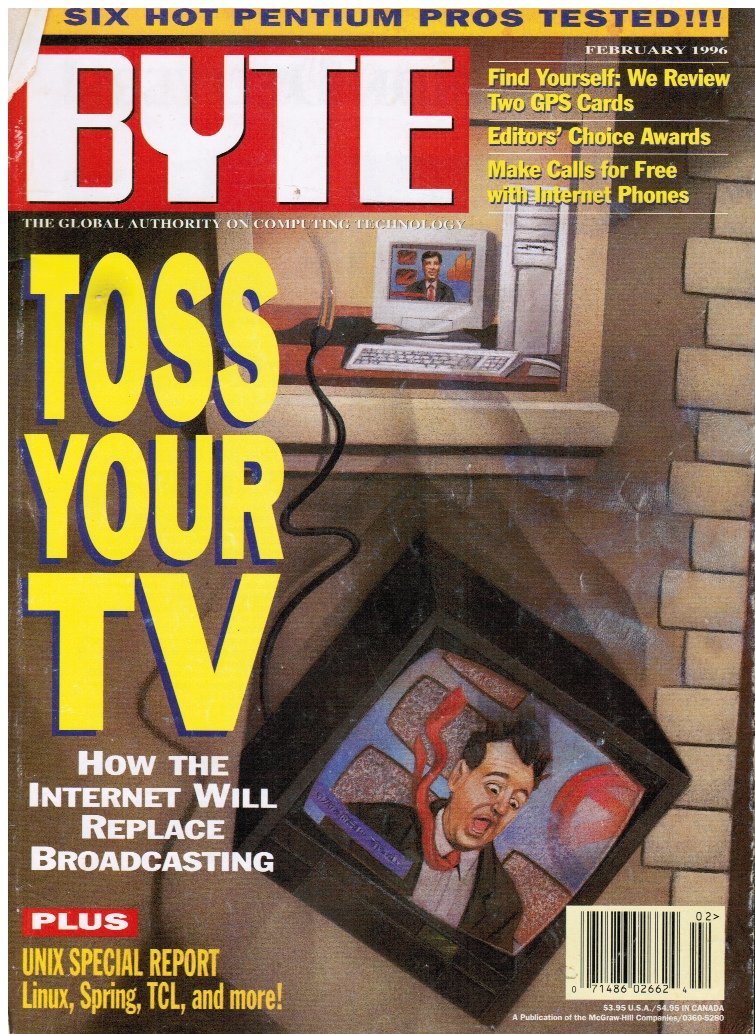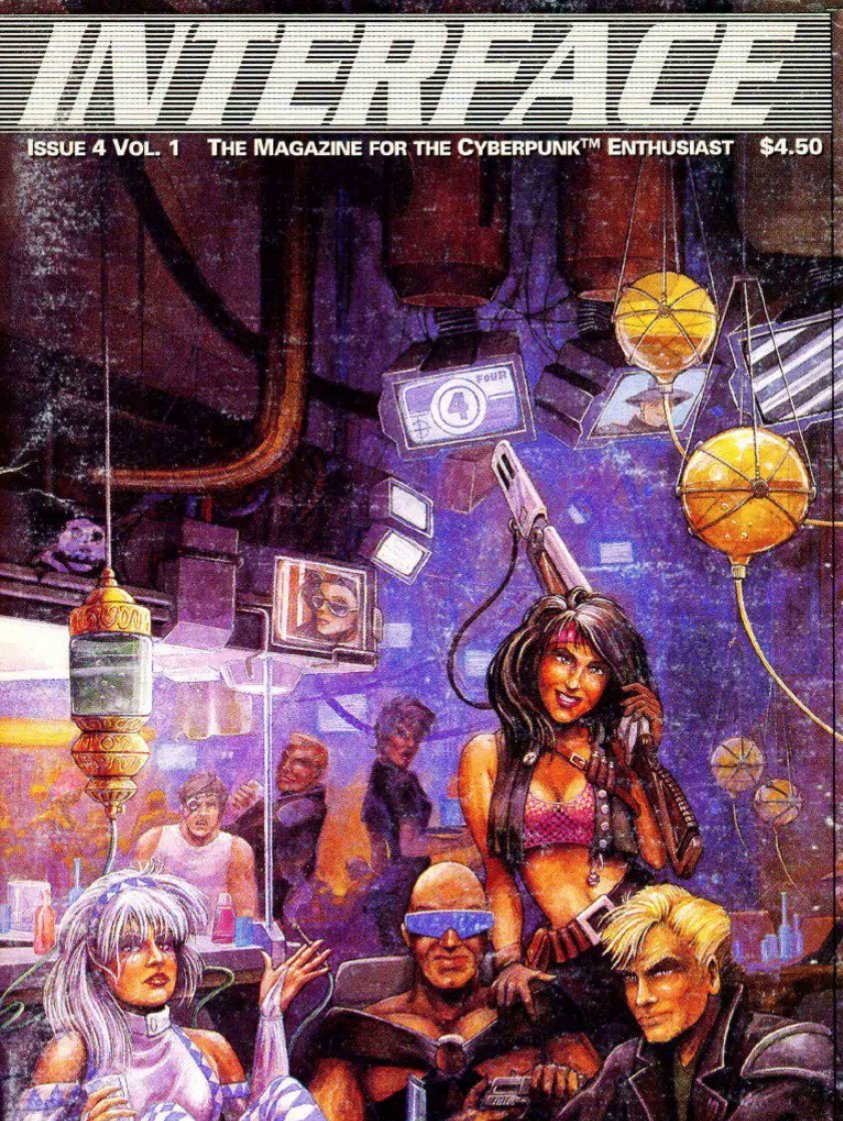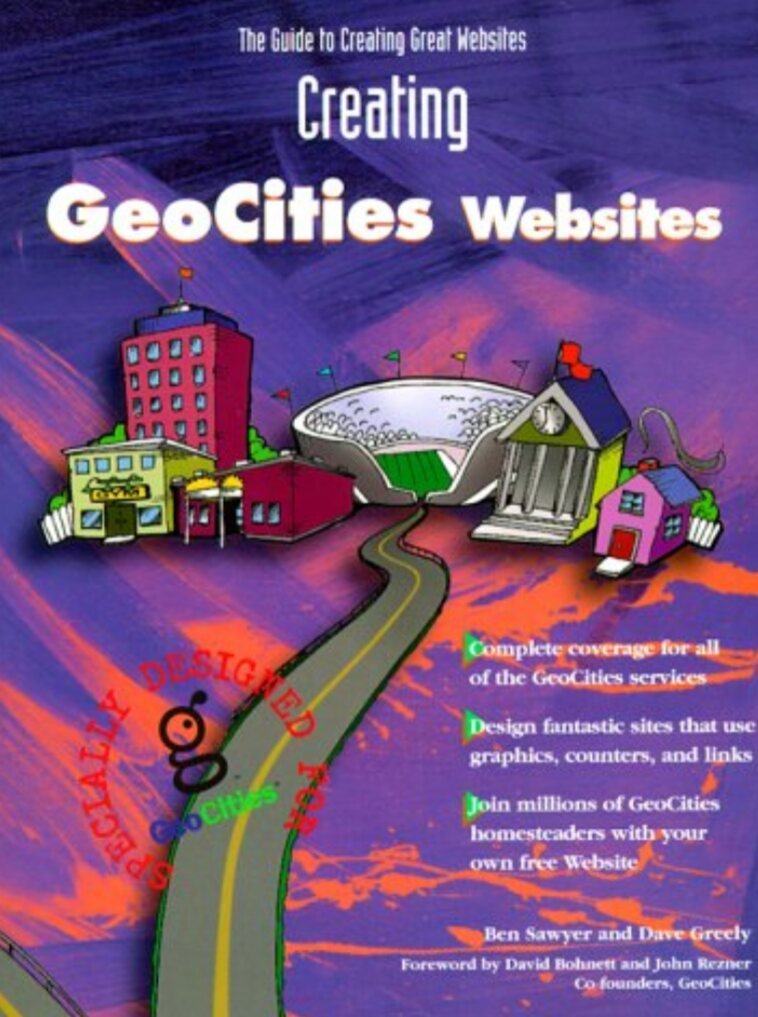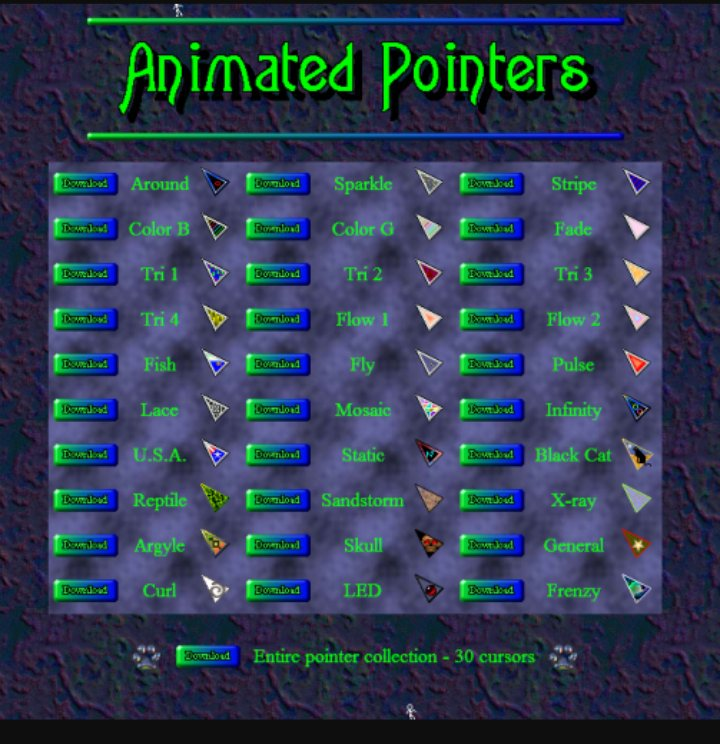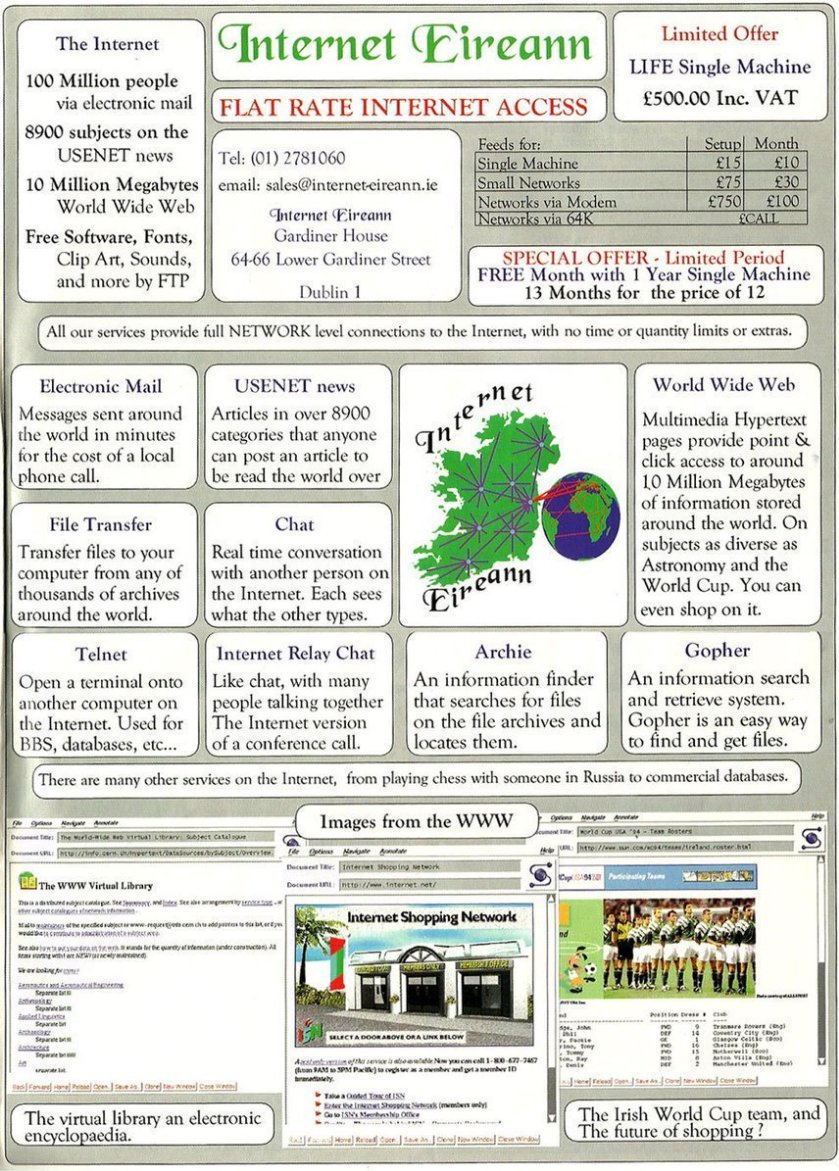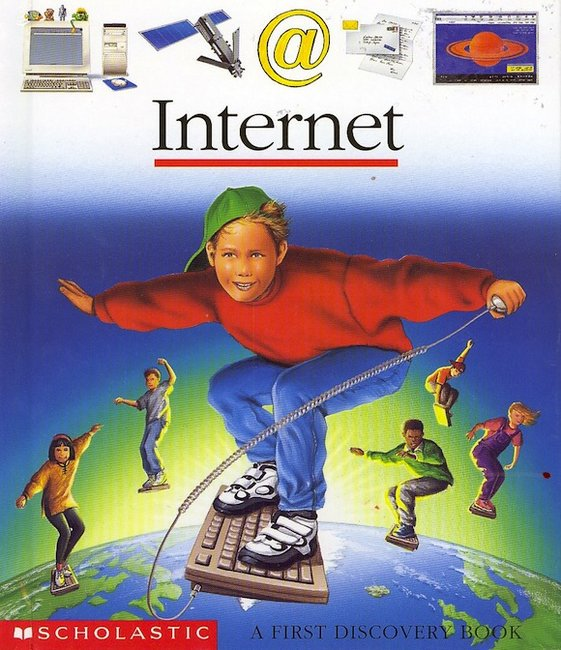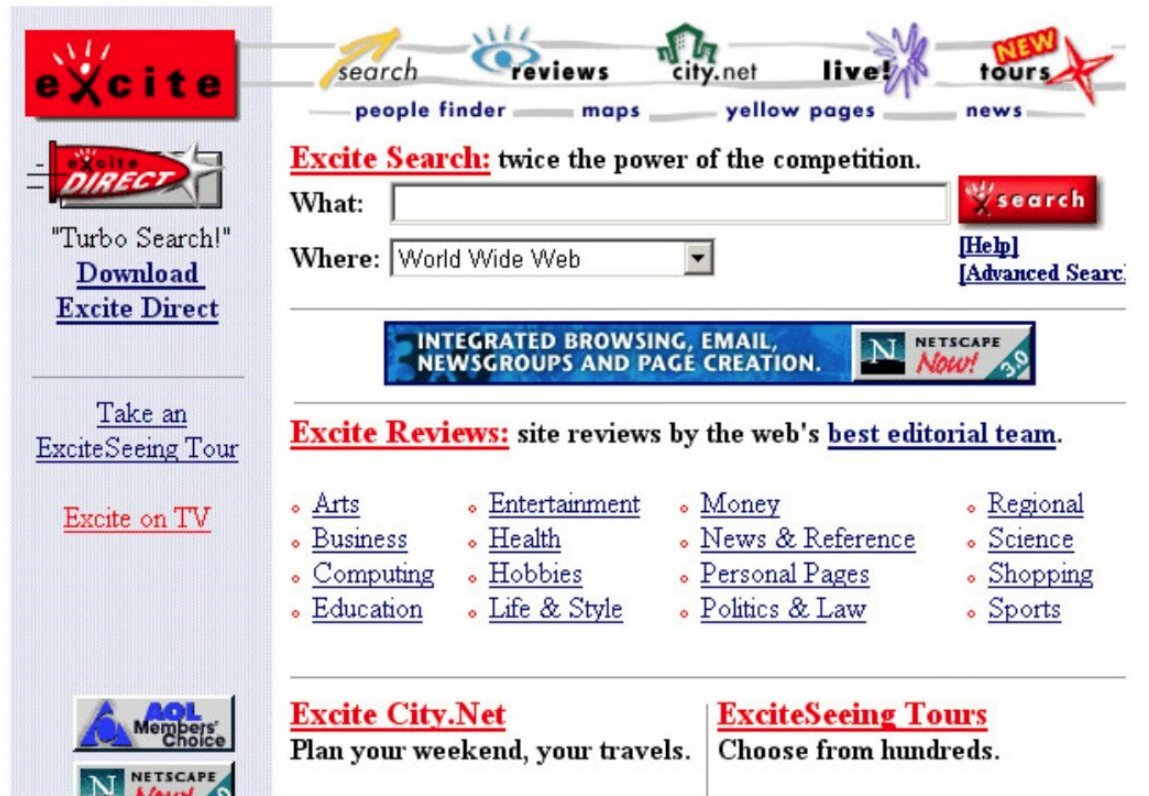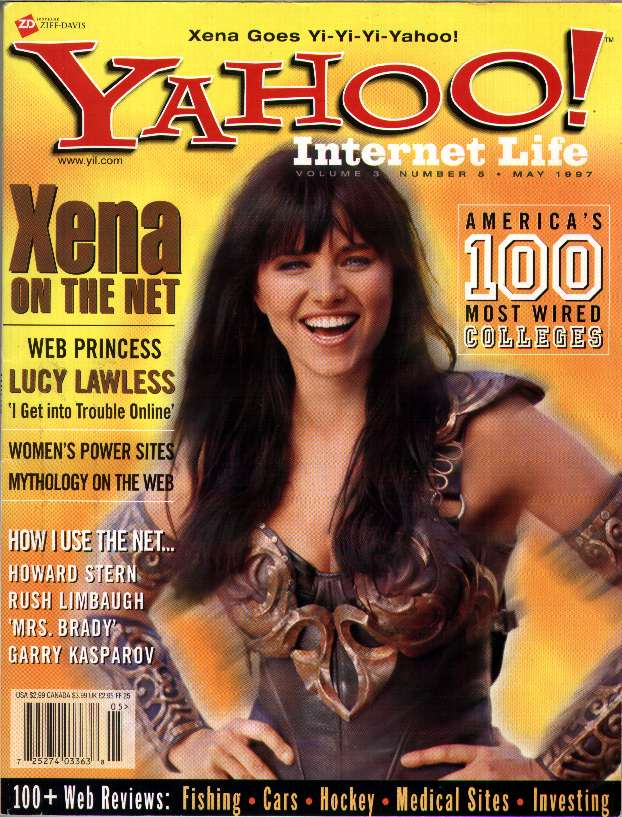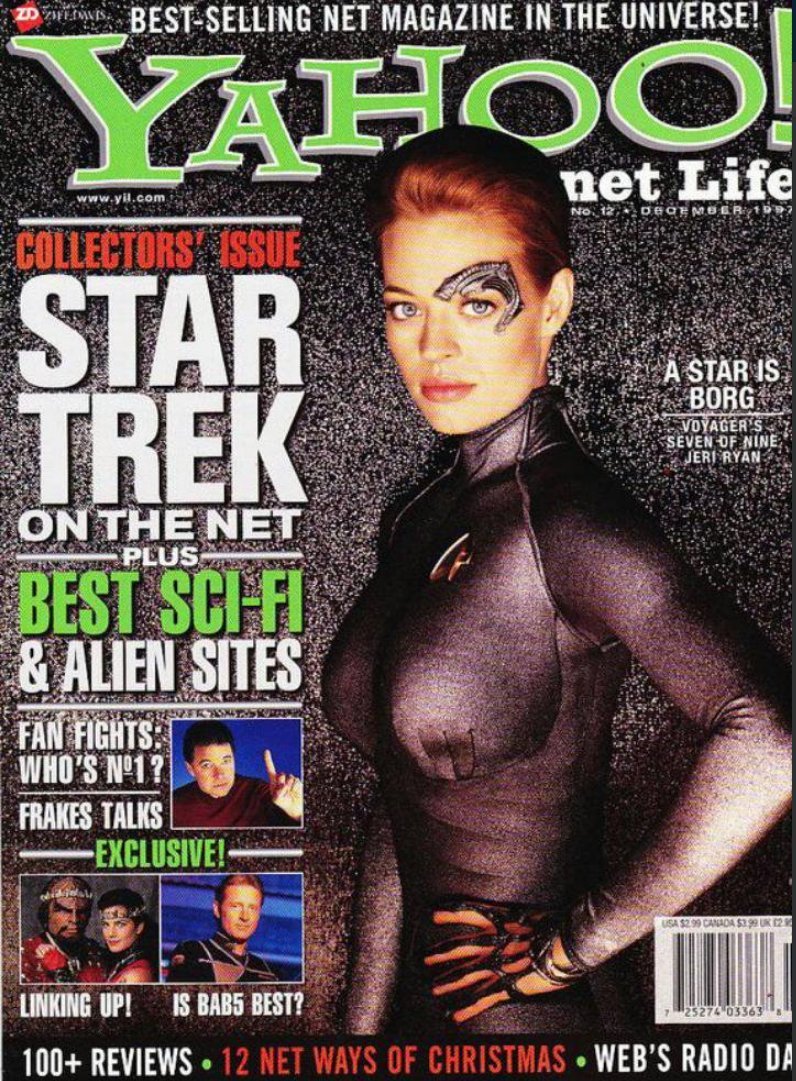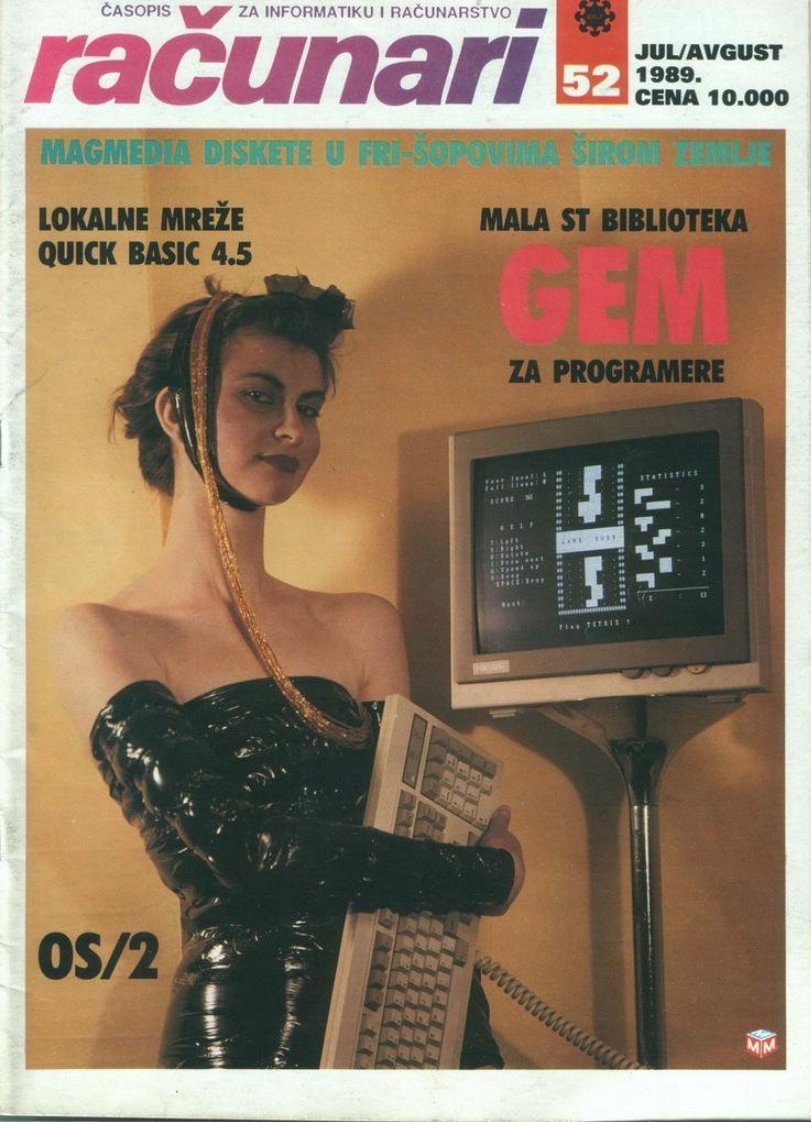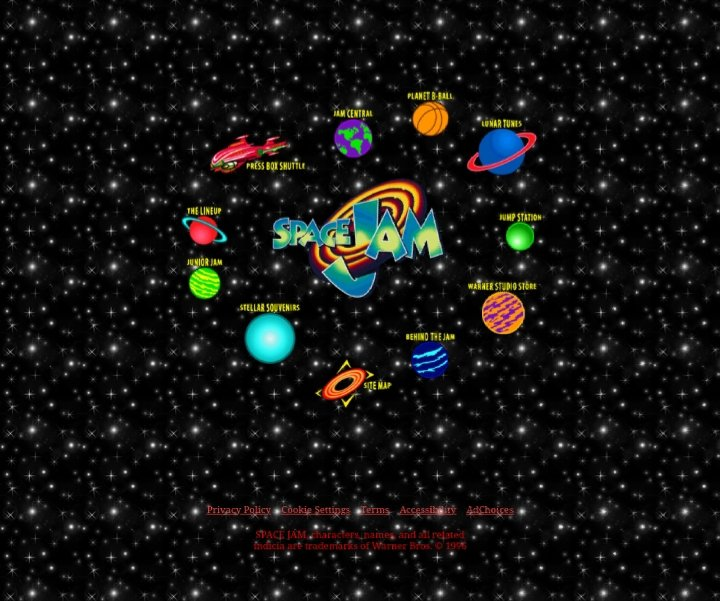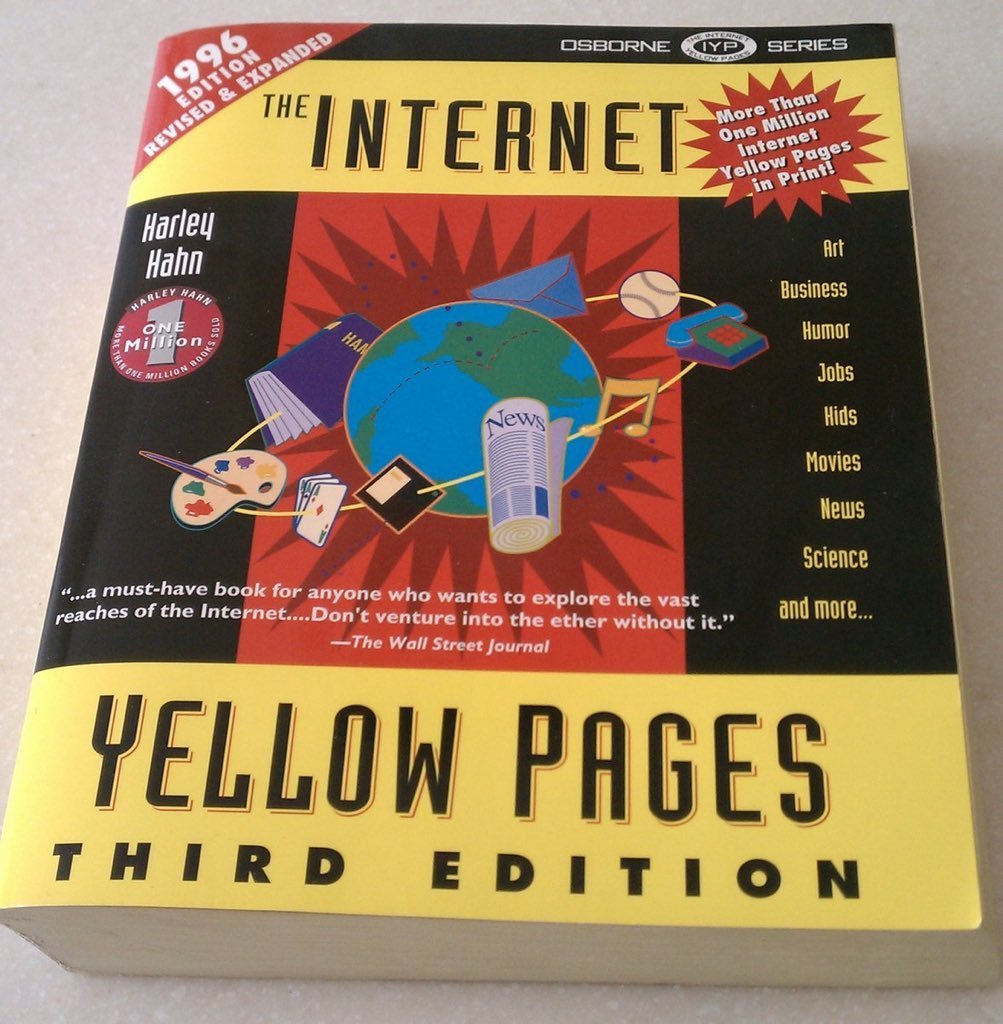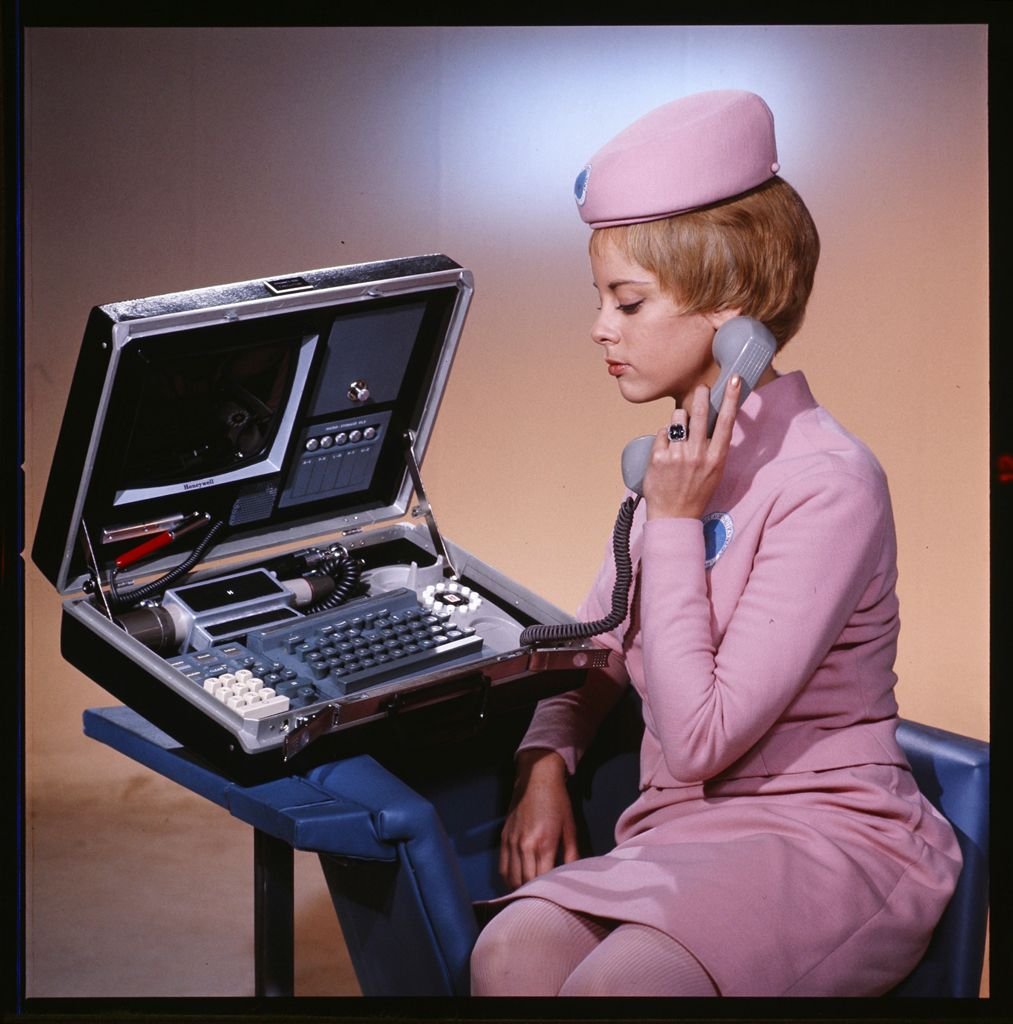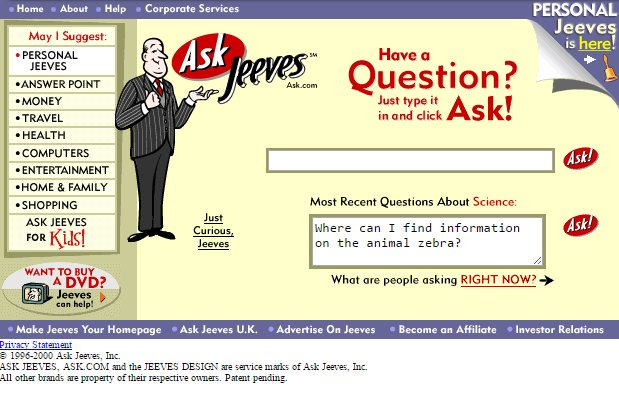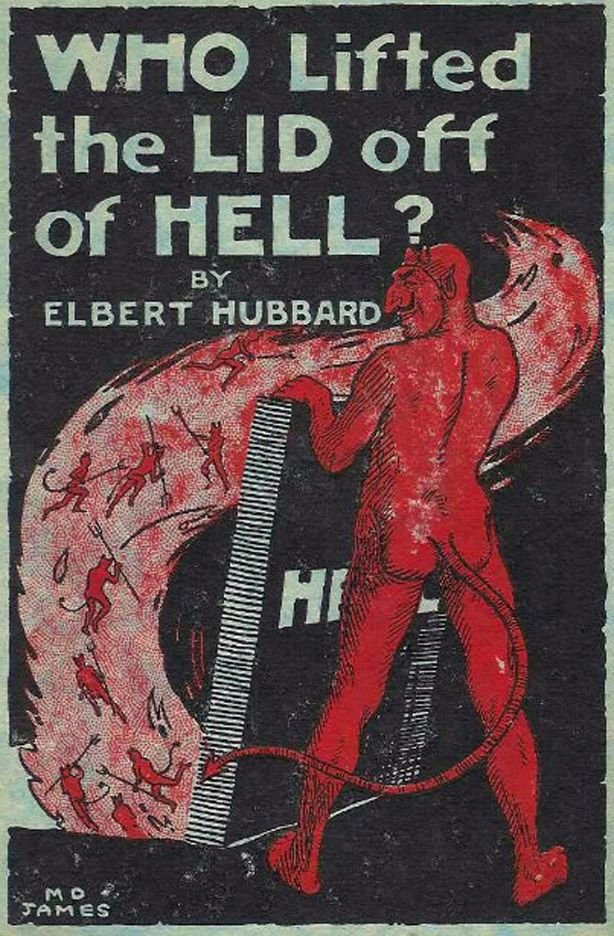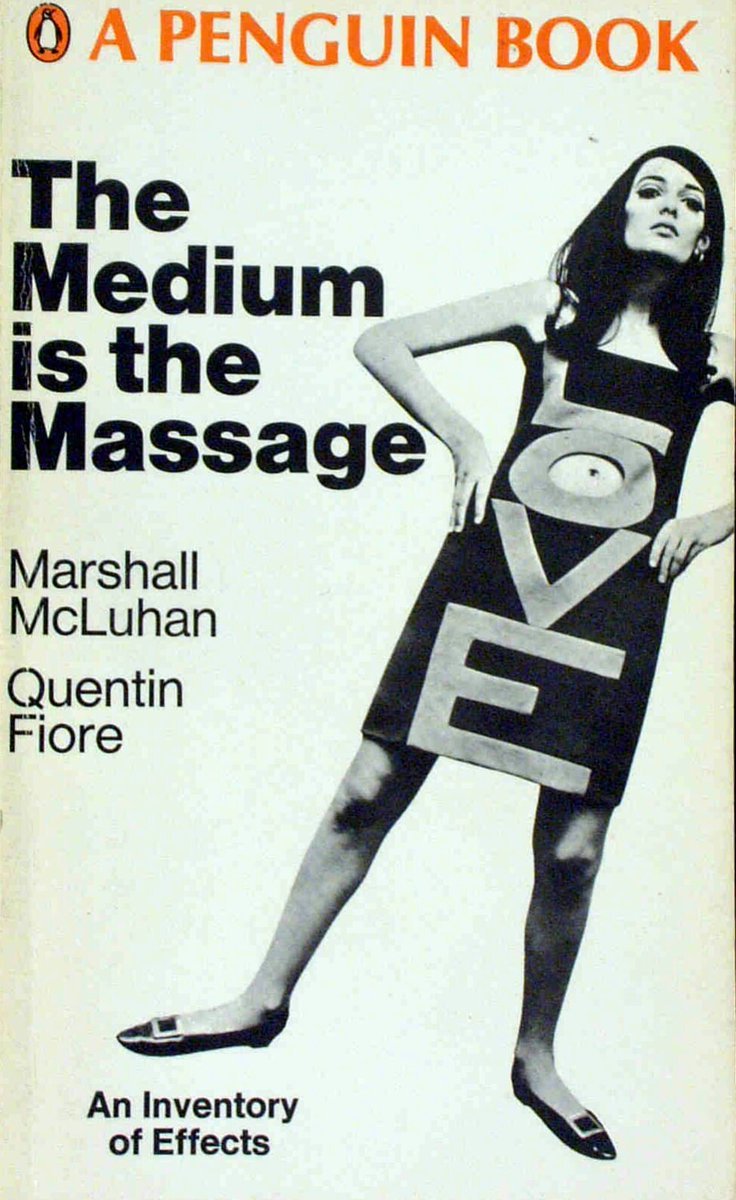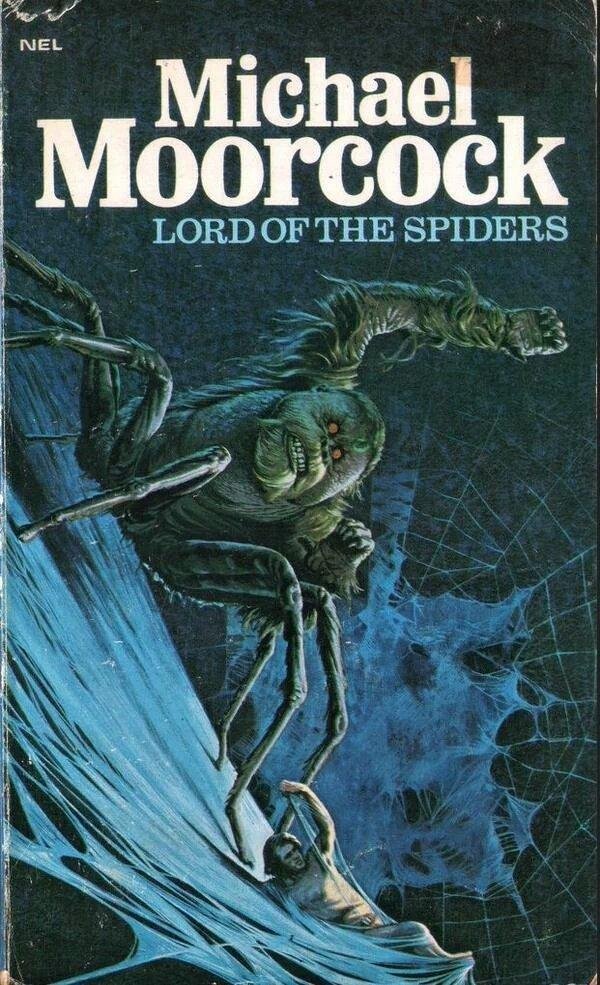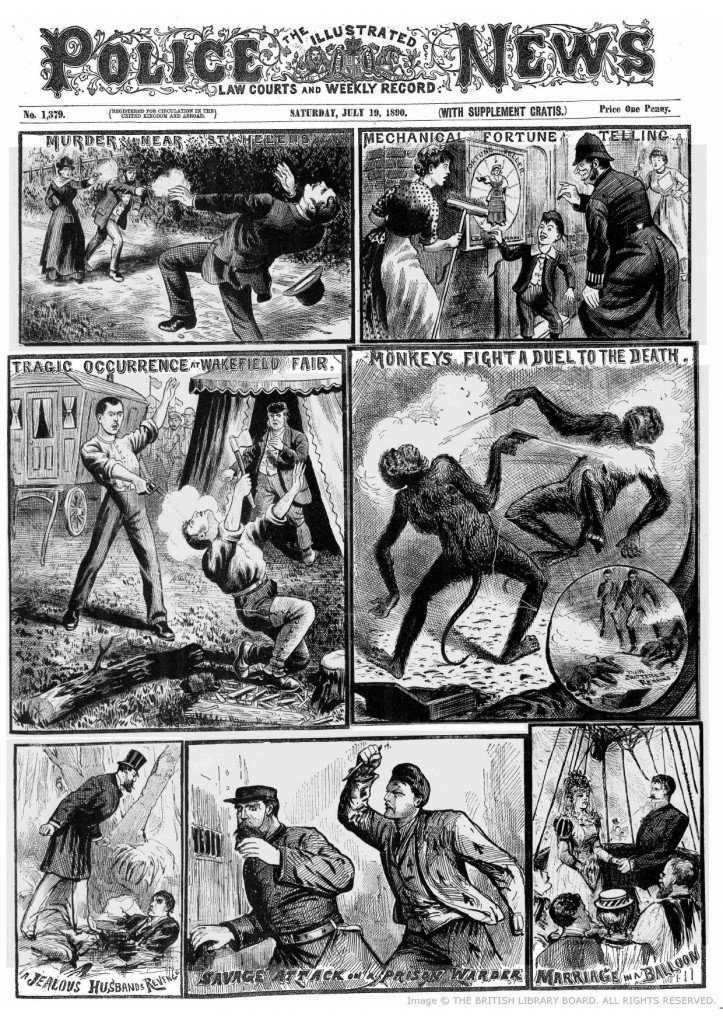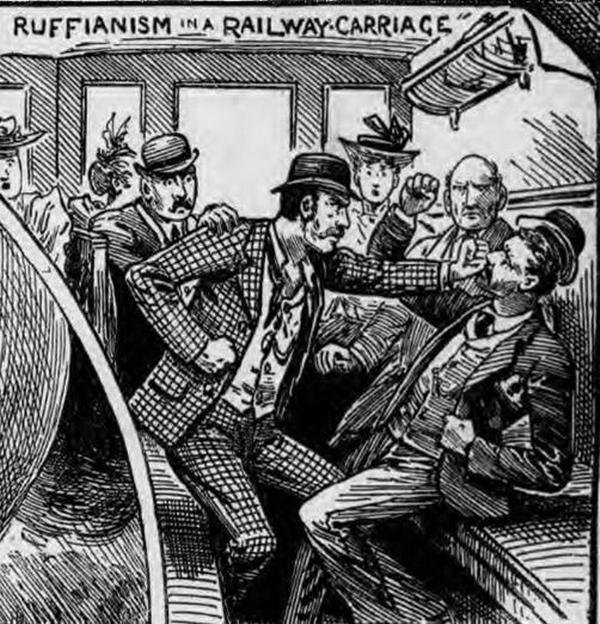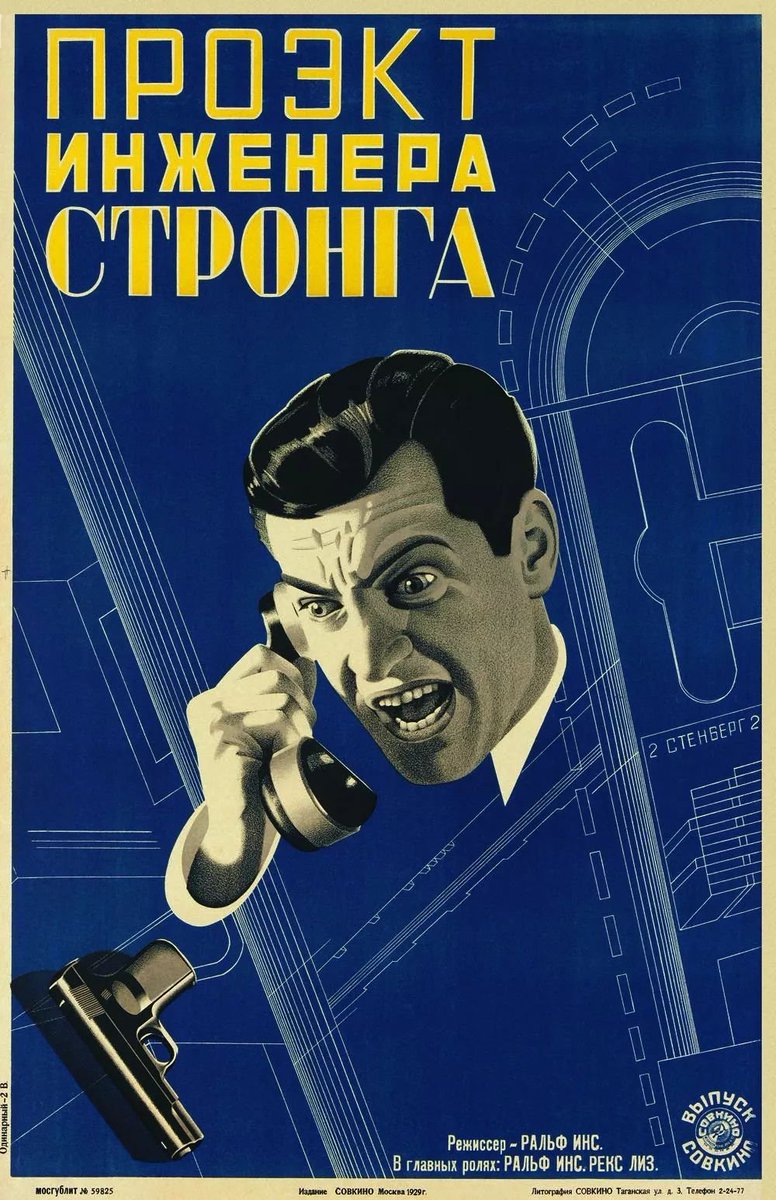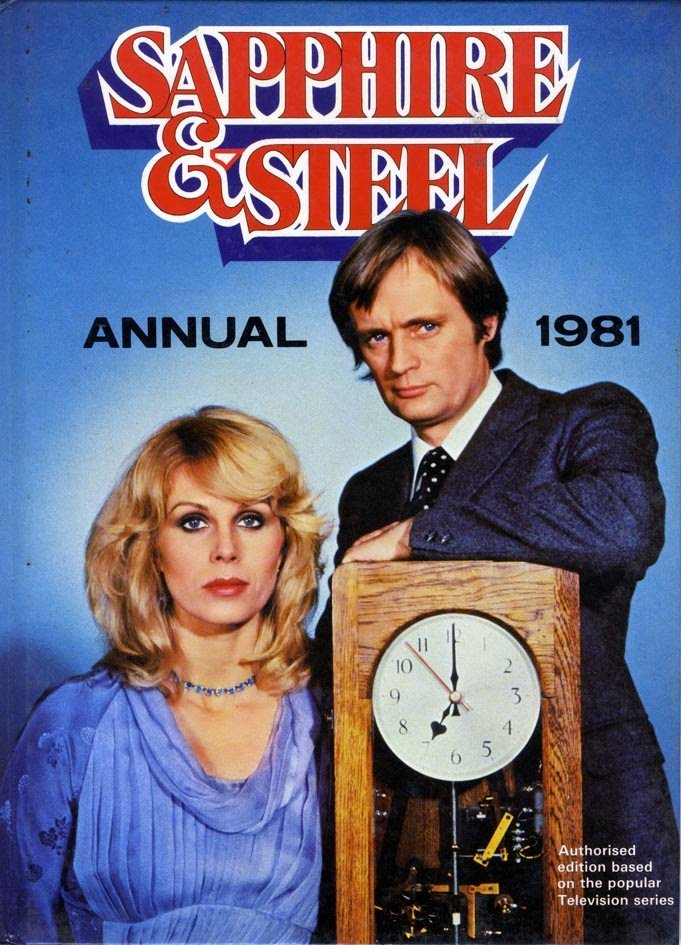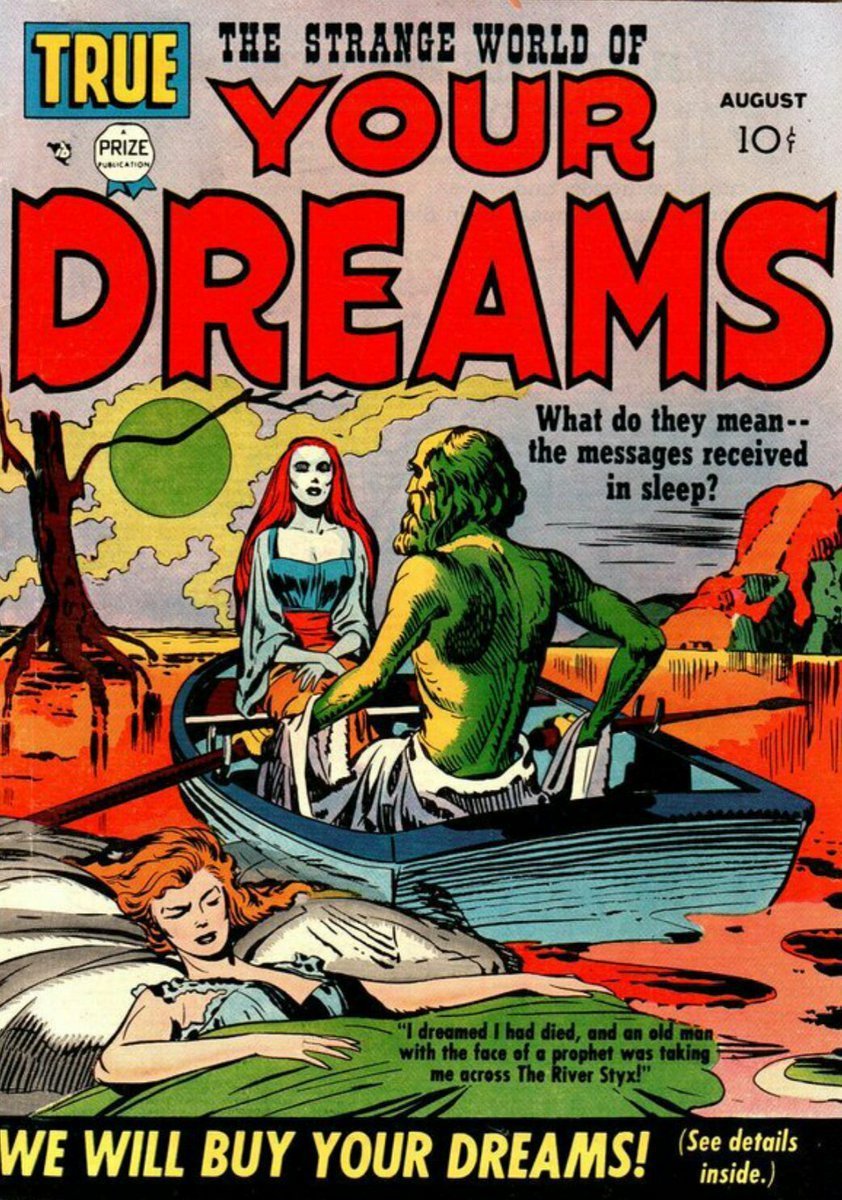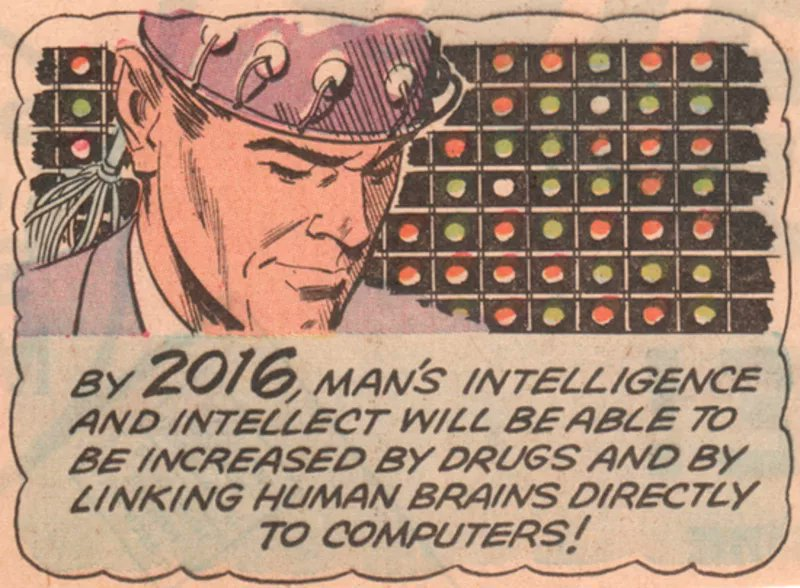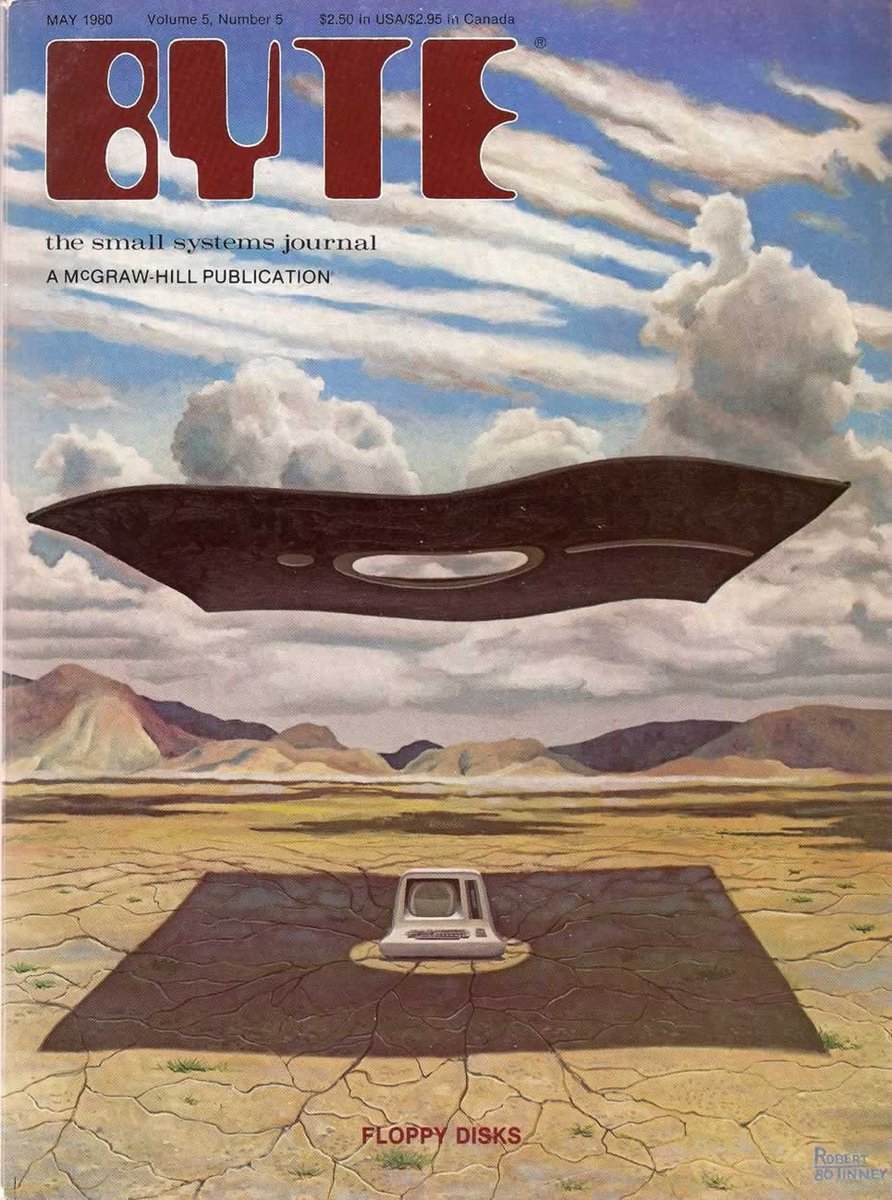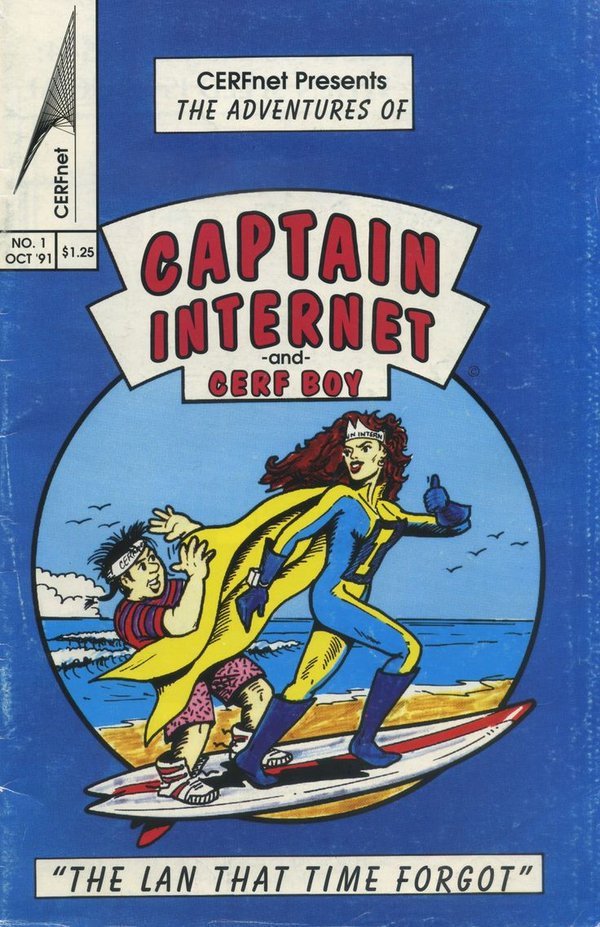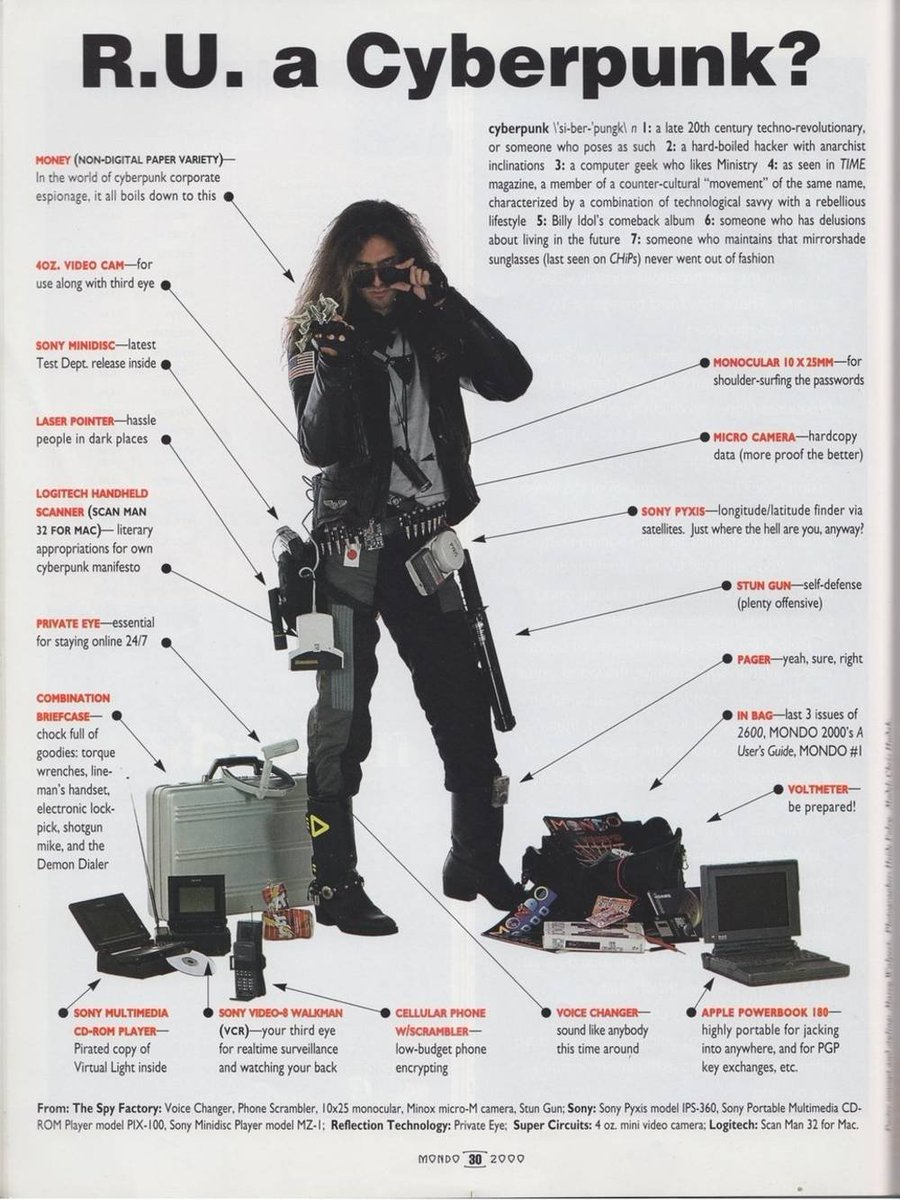Happy birthday to the World Wide Web, 32 years old today! And as it’s now middle aged* let’s ask the key question: what went wrong?
(* don’t @ me!)
(* don’t @ me!)
The history of the web, like the history of indoor plumbing, is rather dull. But the idea of the internet is fascinating: what if we had a place with no rules and no authority, where communication could be global, instantaneous and free?
Well we know what happened next. Money arrived. Wearing a polo shirt and preaching freedom. Yeah baby!
But before we all get depressed let’s ask a key question: was the early Web any good?
But before we all get depressed let’s ask a key question: was the early Web any good?
We tend to forget that the internet was meant to be fun: you could create things, contact people, show off. And what turbocharged this was a range of simple ways for anyone to get online and create pages and pages of spinning gifs and web rings.
Geocities, Angelfire, Tripod: these services helped growth hack the internet. With no skill, no tech background and no clue as to what you were doing you could create your own web presence for free. The Net was not a read-only experience: you could be part of it.
Of course chaos ensued: unfiltered information with no real provenance, unstructured and often unfindable filled the void of cyberspace. As a result people would spend hours surfing, bumping into information, like a digital wanderlust. That was half the attraction.
Eventually a number of start-up companies began trying to bring order to the chaos: not by demanding that the internet be redesigned, but by thinking carefully about how we should search it. Chaos was making us think differently about information.
By the late 1990s the internet had settled on what it was going to be: a lifestyle! Being online wasn& #39;t about & #39;doing& #39; anything in particular, it was about participating. The web was starting to break down silos between different media, putting the user more in charge.
It wasn’t perfect, but it was good enough. There was user created content, business sites, news outlets and search engines all living in some kind of harmony and content was King. There was also a shedload of cash being hosed at it: the first dotcom boom.
We know how that worked out. The dotcom crash of 2000 wiped out billions from the stock market and sank several companies. Overhyped stocks and over-leveraged start-ups crumbled. Growth over profits wasn’t a New Paradigm after all.
What was a new paradigm? Smartphones! Browser-enabled multifunctional touchscreen computers with wireless internet. And as they went mainstream a new form of social web-based experience began to dominate…
Snacking! No more sitting at a PC for hours on end surfing the intertubes, now we could peck at bits of mobile-optimised content throughout the day: at work, on a bus, on the loo, in bed. And that led to another New Paradigm that was sure to make money.
How do you monetise the non-existent? The answer is by mediating it: you give people well worn paths through the online chaos until those paths become the default. Then you charge a toll.
Now it didn’t really work on the old web. Ask Jeeves if you don’t believe me…
Now it didn’t really work on the old web. Ask Jeeves if you don’t believe me…
...but create a new set of portals to online content and you could make the New Paradigm happen. Social Media - a set of walled gardens entered via apps that constantly pinged you - was a natural fit for the smartphone internet.
But… the content has to match the media for it to work. So, what is short, simple, addictive, easy to produce and highly valued?
Influence!
Influence!
Build a platform, make it apparently free and give people the tools to effortlessly create things on it. But then do something rather clever and ultimately pernicious: make the users fight for influence.
Influence is the key commodity of Social Media: likes, shares and followers turn a medium of free communication into a spectacle of attention seeking.
And that can be monetised.
And that can be monetised.
Influence can be bought. Your voice, plus money, can dominate. Pay the money, scrape the data, own the conversation. But influence can also be earnt. You too can be a big beast, for free, if you can force people to interact with you against their better judgement.
On Social Media content is no longer king. Opinion has overthrown it. Opinion is the virulent commodity, rewarded in the currency of likes and shares, that shapes the social world. Opinion wants your attention, all day, every day.
In a world of opinion each individual voice fights for itself. It avoids acknowledging the others and strives to impose itself everywhere, as if it were the only voice in existence. There is no commonwealth of ideas, there is only the hegemony of opinion.
Swiftly, as we have seen, social media has grown into Hobbes& #39;s state of nature: a world without a greater good; a mere war of words of all against all; where the tweets are solitary, poor, nasty, brutish, and short.
And that doesn’t stay online: it leaks into the real world because the real and the synthetic are now joined at the hip by the smartphone in your pocket.
“Who will slay this many-headed Hydra?” I hear you ask.
“Who will slay this many-headed Hydra?” I hear you ask.
Time will. Time is the great regulator. Time killed the CB radio, the Bulletin Board, Ceefax, MySpace and the Crazy Frog meme. Time will whither the Titans of Social Media because people, being people, get bored…
Now I can’t tell you what the next big thing online will be, but I can predict this: it will focus on whatever untapped element of human experience it can monetise. The web is free because we are the product. It will stay free because we won’t pay to play.
So something, some new aspect of our social behaviour, will be seized upon and a way to squeeze money out of it will be found. Will the next New Paradigm precede the technology, or will it follow from it. Time will tell.
And what will we do? Well I’ll still be here, in the playground of the past, bashing out nonsense on a platform that has become old media. Just like some people are still on CB or still running Bulletin Boards. Part of technology’s long tail.
And that’s good, because as the money leaves the people re-emerge. They reclaim the digital streets because there’s no profit in stopping them. Volunteers will still be here, keeping the API going and stoking the servers. Old technology persists in the face of the new.
In the end that& #39;s what makes the world wide web matter. Not the money, not the digital dream, but the fact that it’s made with tools that anyone can use. A few good people, a Raspberry Pi and a phone signal is enough to rebuild the future once the money has all gone.

 Read on Twitter
Read on Twitter